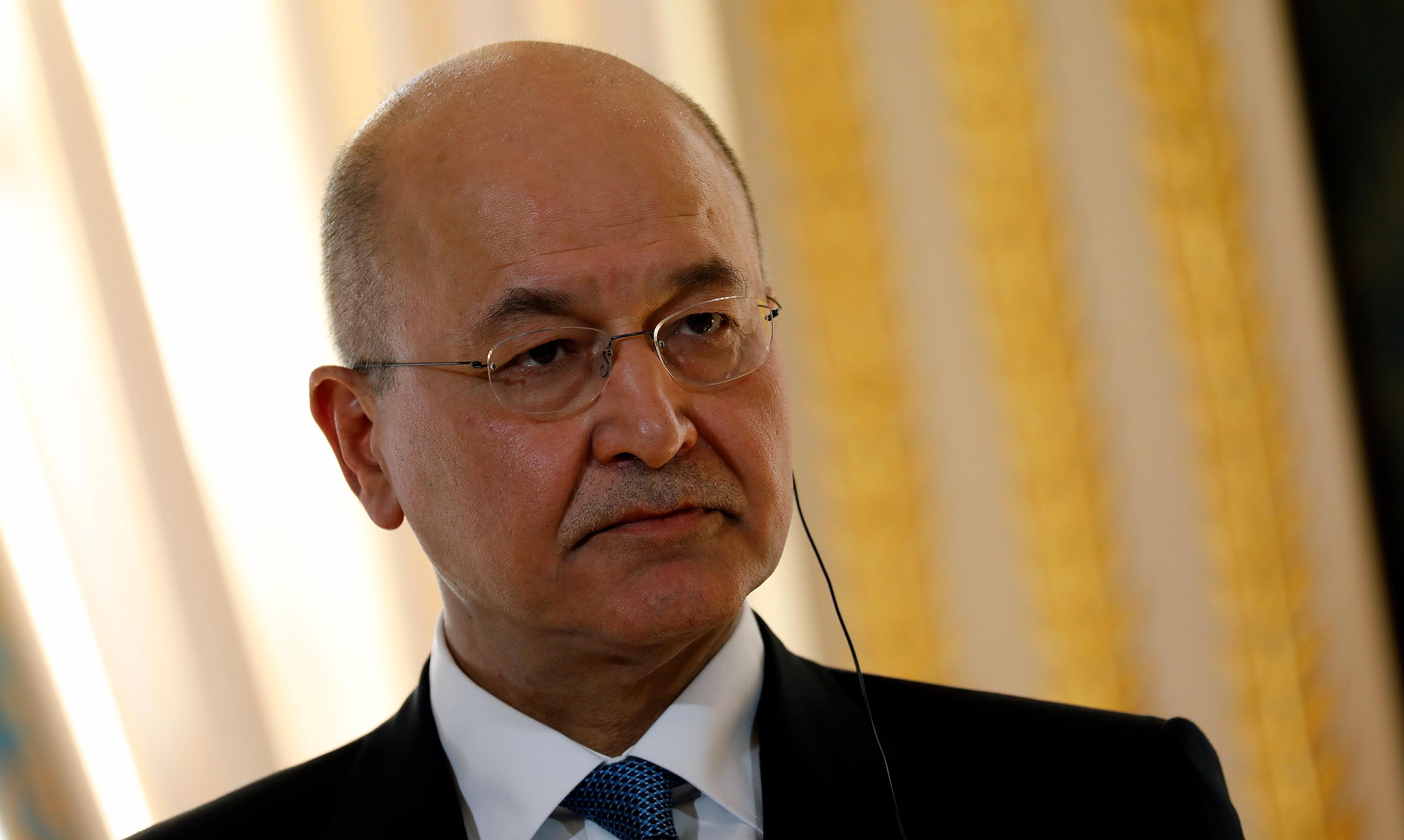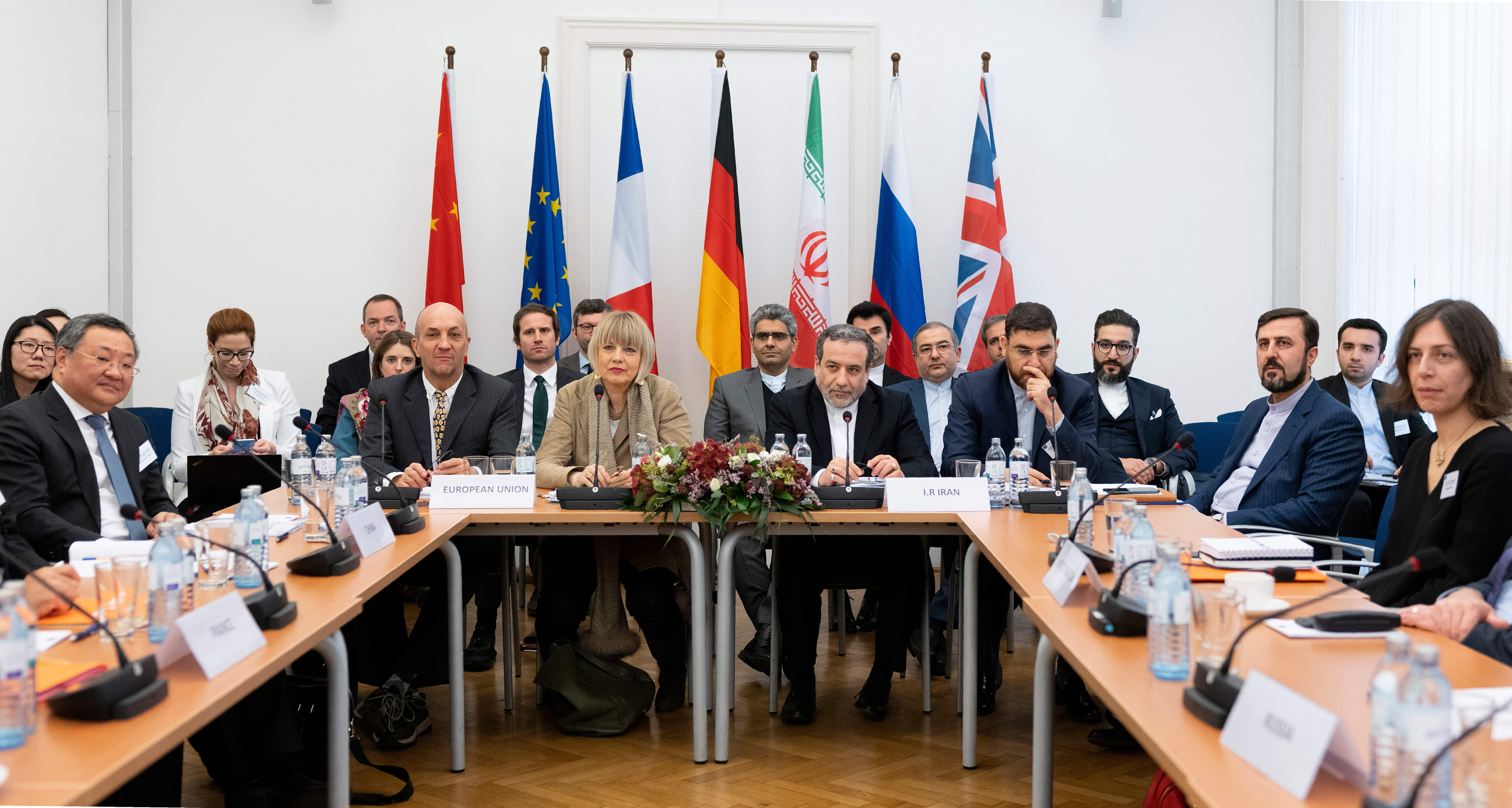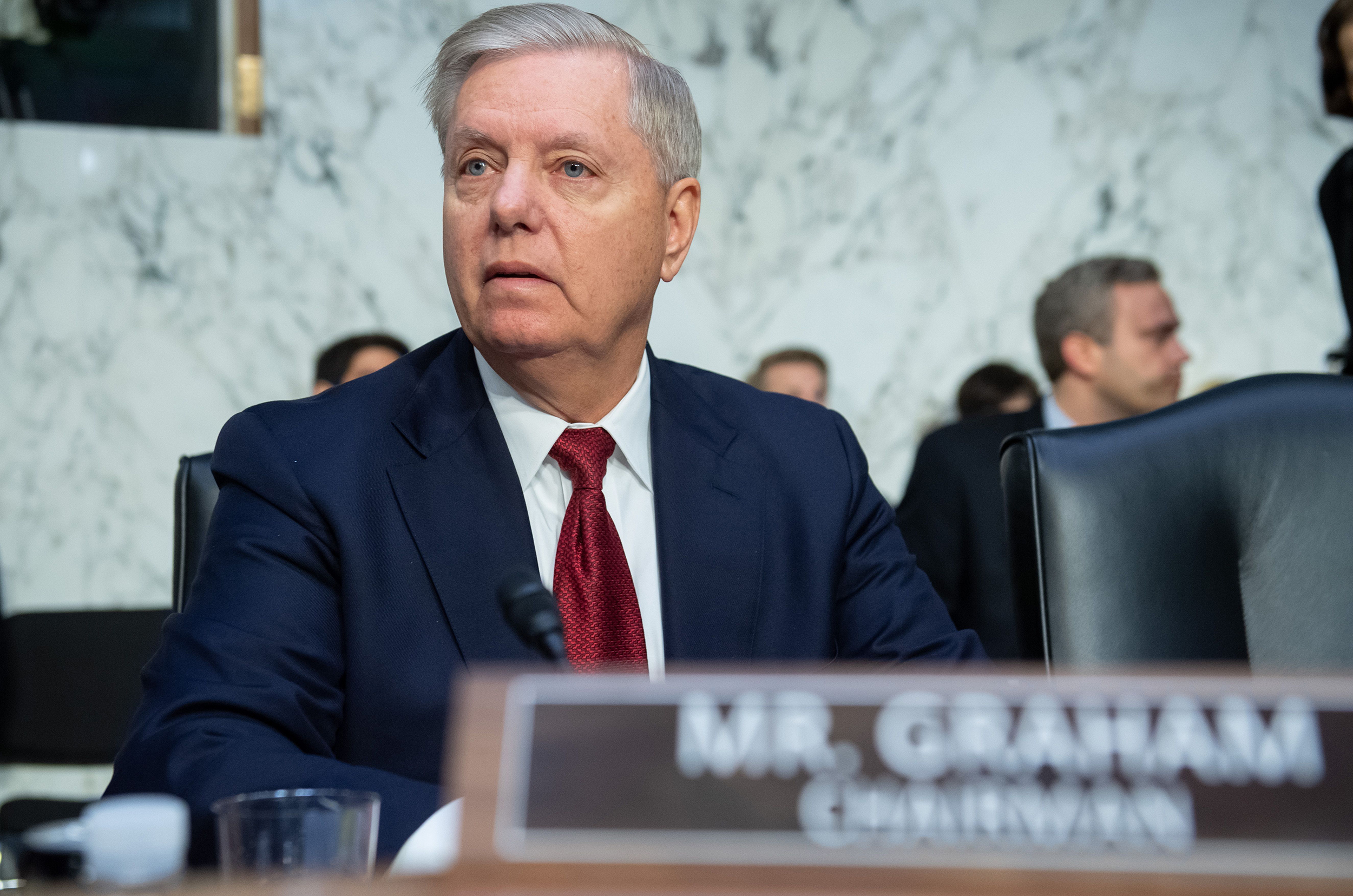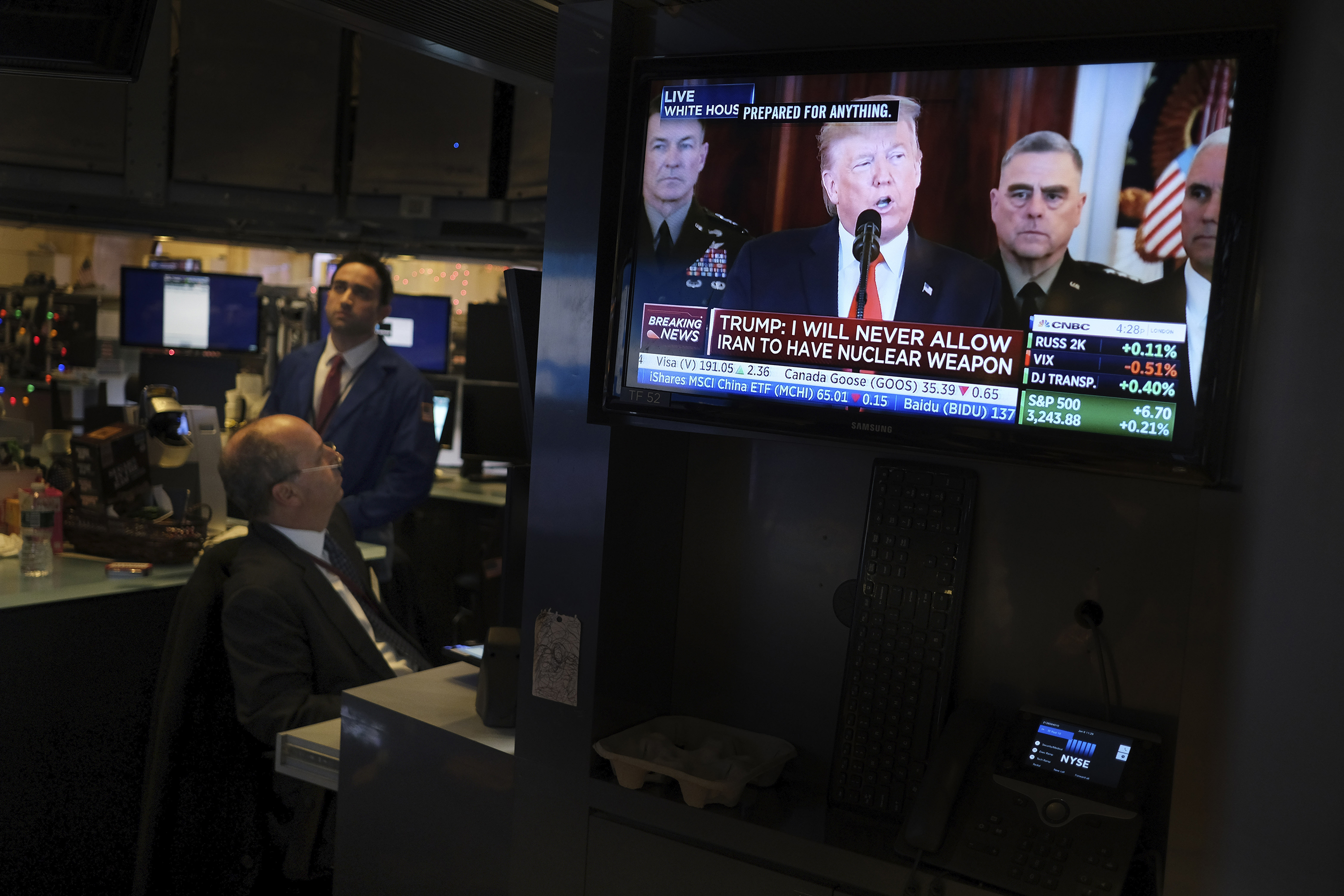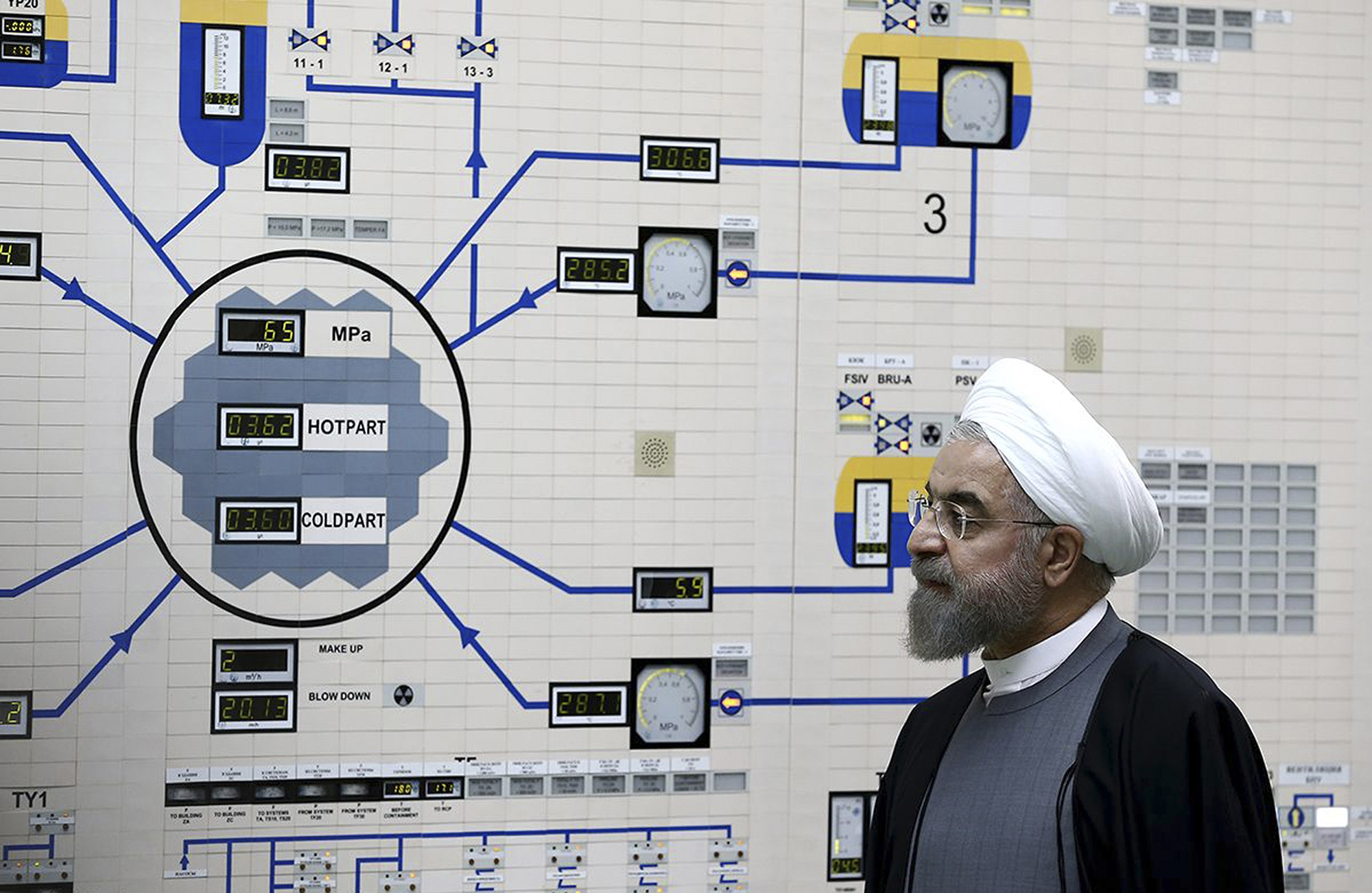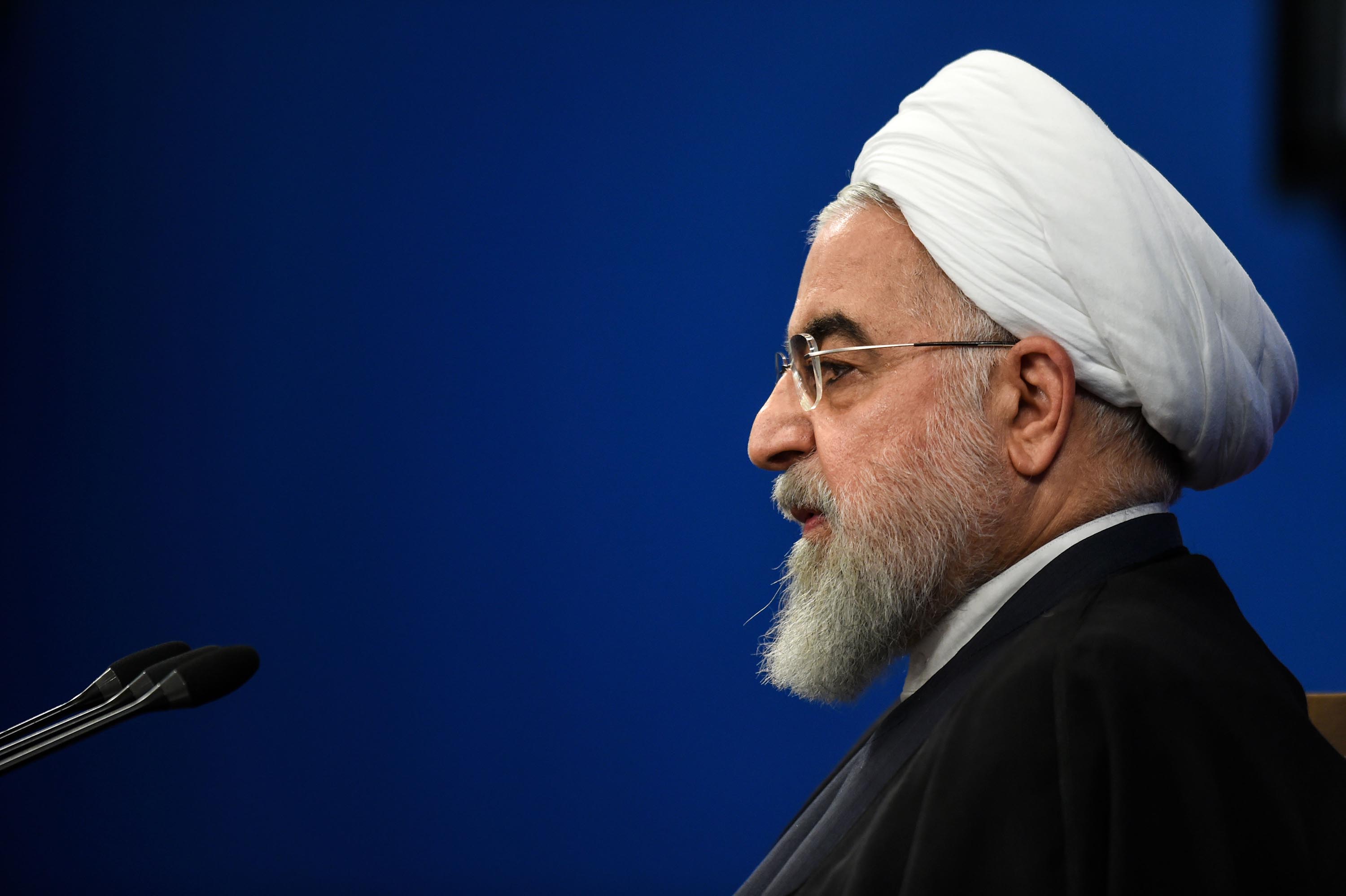
Iran's President Hassan Rouhani said the country would be prepared to retaliate against the United States if they "commit another crime."
Speaking during a cabinet meeting today, Rouhani said that "if America commits a crime, no matter how much she threatens us, she must know that we will act decisively as we have already shown." He added that "from now on if America wants to commit another crime, must know that they will receive a stronger reaction."
He also said the US needs to stop blaming Iran for the world’s problems.
"If they (the US) find that they have a problem anywhere in the world, do not say it was ordered by Iran," Rouhani said. "If tomorrow something in another country happens, Americans would say this is the action of proxy forces of Iran. We do not have any proxy forces. From the beginning, Americans had it wrong. The people of the region are aware, free and act on their own. They are not under our control or order."
Rouhani also drew attention to Soleimani's role for the region, saying, "Americans must know that Soleimani had a big role for the region Europe, the west and even America. If it was not for this hero of fighting terrorism, even Europe would have not been safe."
